Introduction
Romania has emerged as an attractive destination for international students seeking to pursue an MBBS (Bachelor of Medicine, Bachelor of Surgery) degree. Renowned for its reputable medical universities, English-medium instruction, and multicultural environment, Romania offers a conducive setting for students aspiring to become medical professionals. In this comprehensive guide, we will explore the advantages of studying MBBS in Romania, the application process, and what students can expect during their academic journey.
Why Choose Romania for MBBS?
Quality Medical Education
Romania boasts several prestigious medical universities that offer internationally recognized MBBS programs. These universities are accredited by global medical bodies such as the World Health Organization (WHO) and the Educational Commission for Foreign Medical Graduates (ECFMG). The MBBS curriculum is comprehensive, integrating theoretical knowledge with practical clinical experience, ensuring that graduates are well-prepared for medical practice worldwide.
English-Medium Instruction
One of the significant advantages of studying MBBS in Romania is the availability of English-medium instruction. Many medical universities offer MBBS programs in English, making them accessible to international students from diverse linguistic backgrounds. This facilitates better understanding of medical concepts and ensures effective communication between students and faculty members.
Affordable Tuition Fees and Living Costs
Compared to Western countries and other popular medical education destinations, the cost of studying MBBS in Romania is relatively affordable. Tuition fees are reasonable, and the overall cost of living, including accommodation, food, and transportation, is budget-friendly. This makes medical education in Romania accessible to students from various socio-economic backgrounds.
Top Medical Universities in Romania
Here are some of the top medical universities in Romania known for their MBBS programs:
- Carol Davila University of Medicine and Pharmacy
- Iuliu Hațieganu University of Medicine and Pharmacy
- Victor Babeș University of Medicine and Pharmacy
- Grigore T. Popa University of Medicine and Pharmacy
- Ovidius University of Constanta Faculty of Medicine
These universities offer modern facilities, experienced faculty members, and a supportive learning environment for students.
Application Process
Eligibility Criteria
- Academic Requirements: Applicants must have completed their higher secondary education (10+2) with Physics, Chemistry, Biology, and English as core subjects. A minimum aggregate score of 50% to 60% is typically required, although this may vary by university.
- Entrance Exams: Some universities may require students to pass an entrance exam or submit scores from standardized tests such as the SAT or ACT.
Documentation
- Application Form: Complete the university's application form available on their official website.
- Educational Certificates: Copies of your high school diploma and transcripts.
- Passport: A valid passport with a minimum of six months validity.
- Passport-sized Photographs: Recent photographs as per the specifications provided by the university.
-
- Medical Certificate: A certificate of physical fitness.
-
Admission Procedure
- Research and Shortlist: Research the medical universities in Romania and shortlist those that meet your preferences.
- Application Submission: Submit the application form along with the required documents.
- Entrance Exam (if required): Appear for the university's entrance exam or submit standardized test scores.
- Acceptance Letter: Upon acceptance, the university will issue an acceptance letter.
- Student Visa: Apply for a student visa at the nearest Romanian embassy or consulate.
- Travel Arrangements: Once the visa is granted, make your travel arrangements and prepare for your journey to Romania.
Life in Romania as an MBBS Student
Cultural Experience
Studying in Romania offers a rich cultural experience, with students immersing themselves in the country's diverse cultural heritage, historic landmarks, and vibrant arts scene. From exploring medieval castles to sampling traditional Romanian cuisine, students have the opportunity to experience the unique blend of past and present that Romania has to offer.
Accommodation and Facilities
Many medical universities in Romania provide on-campus accommodation options for international students, ensuring a safe and convenient living environment. Additionally, universities offer modern facilities such as libraries, laboratories, and student centers to support academic and extracurricular activities.
Safety and Support
Romanian universities prioritize the safety and well-being of their students, with dedicated support services available to assist with academic, personal, and visa-related matters. Orientation programs are often conducted to help students acclimate to their new environment and provide guidance on navigating campus life.
Connect with Counsellor
 How to Write Your First Blog Post
How to Write Your First Blog Post
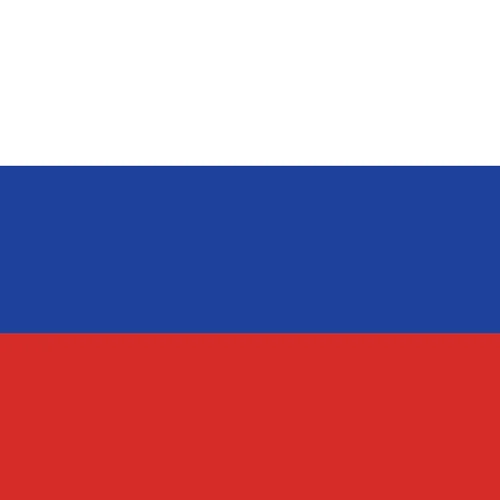 Mbbs In Russia
Mbbs In Russia
 Mbbs in Nepal
Mbbs in Nepal
 MBBS In China
MBBS In China
 MBBS in Philippins
MBBS in Philippins
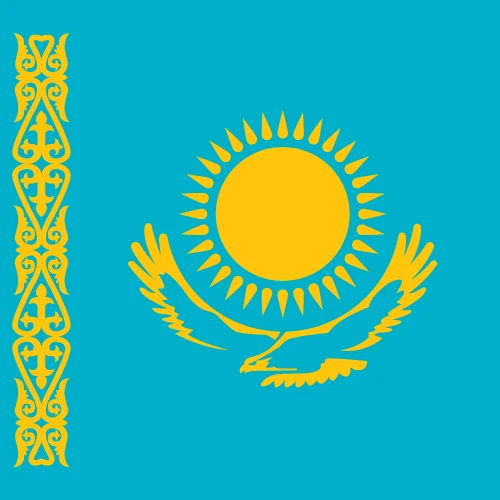 MBBS in Khazakhstan
MBBS in Khazakhstan
 MBBS in Kyrgyzstan
MBBS in Kyrgyzstan
 MBBS in Georgia
MBBS in Georgia
 MBBS in Egypt
MBBS in Egypt
 MBBS in Romania
MBBS in Romania
MBBS in Belize
 MBBS in Belize
MBBS in Belize
 MBBS In Bangladesh
MBBS In Bangladesh
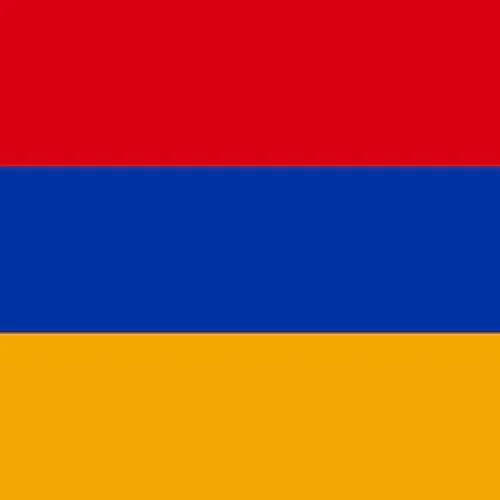 Mbbs in Armenia
Mbbs in Armenia
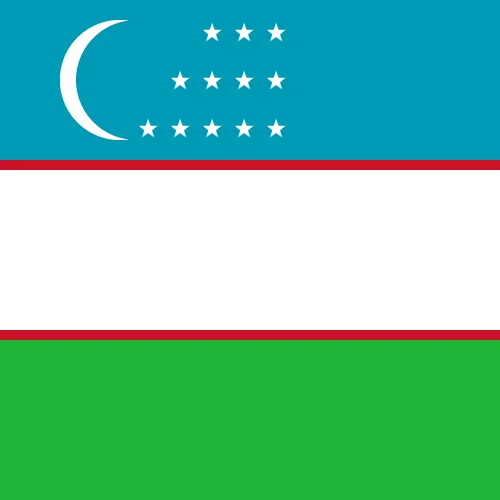 MBBS in Uzbekistan
MBBS in Uzbekistan
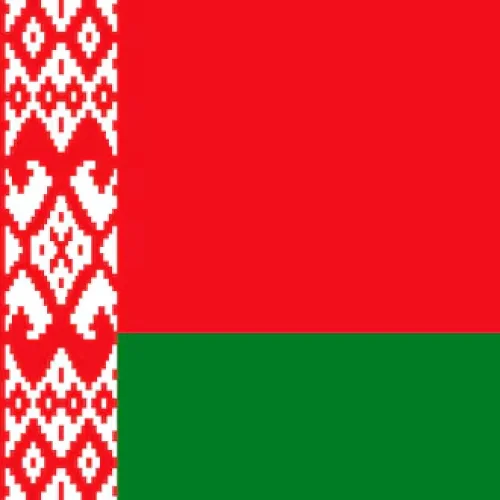 MBBS In Belarus
MBBS In Belarus
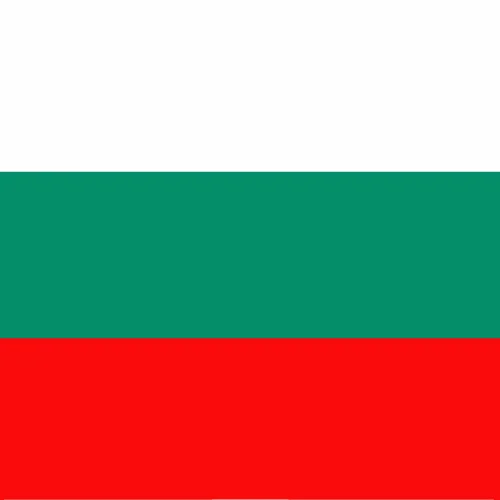 MBBS In Bulgaria
MBBS In Bulgaria
 MBBS In Germany
MBBS In Germany
 MBBS In UK
MBBS In UK
 MBBS In Moldova
MBBS In Moldova
 MBBS In Italy
MBBS In Italy
 MBBS In Australia
MBBS In Australia
 MBBS In USA
MBBS In USA
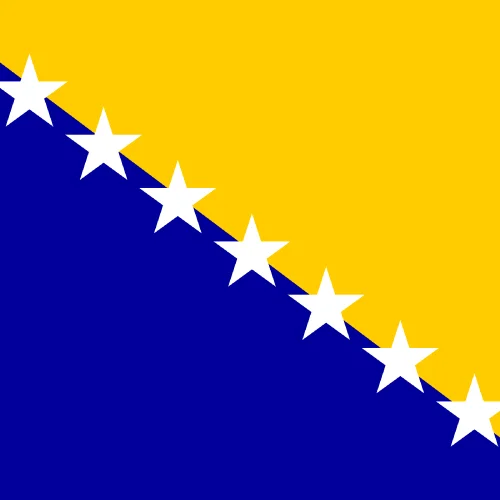 MBBS In Bosnia And Herzegovina
MBBS In Bosnia And Herzegovina


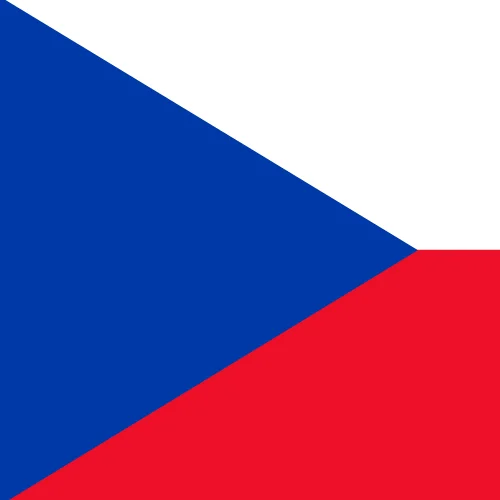
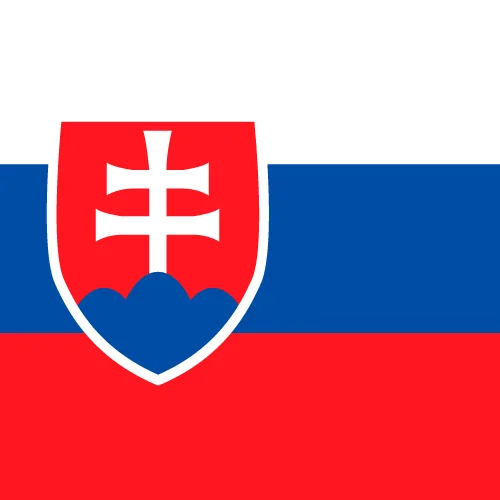
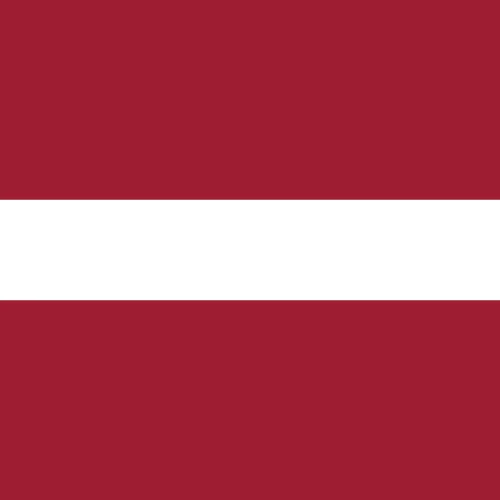
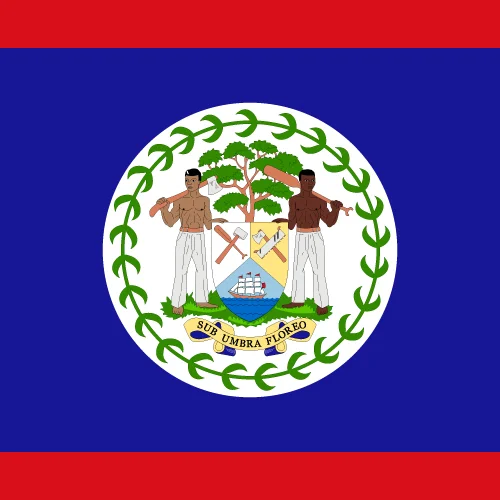
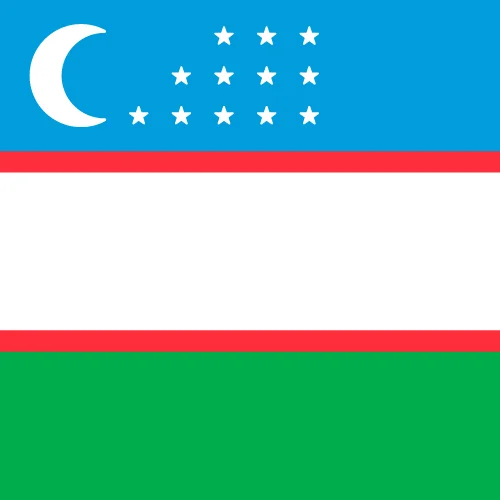


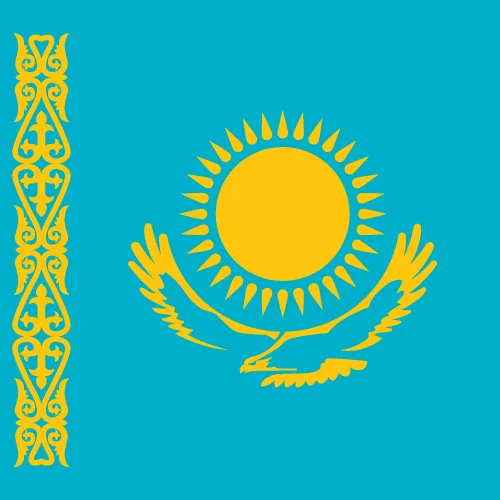

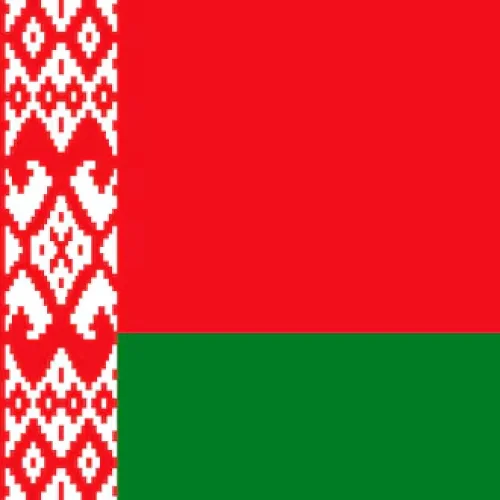














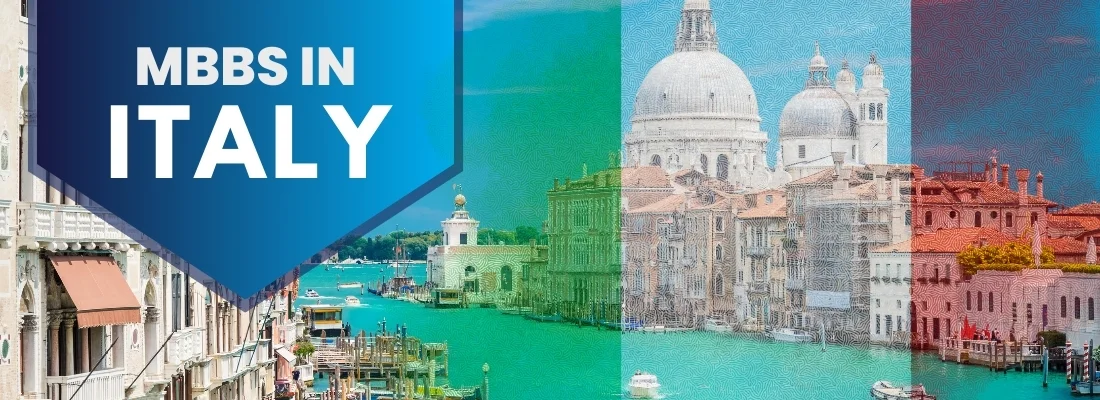


 India Office
India Office
 UK Office
UK Office
 Nepal Office
Nepal Office